If you’re dreaming of starting a home-based food business in Colorado, understanding the state’s cottage food laws is essential. Colorado’s Cottage Food Act, first passed in 2012 and updated multiple times since, makes it possible for entrepreneurs to sell homemade food legally — but with specific rules you need to follow.
History of the Colorado Cottage Food Act
The law was introduced in 2012 and later amended between 2013 and 2016. One of the most significant changes came with Senate Bill 16-058, which expanded the range of allowed foods to include non-potentially hazardous items such as pickles and even permitted online sales within the state.
Unlike some states, Colorado requires no health department licensing, but all producers must complete a food safety training program before selling.
Where You Can Sell Cottage Foods
Colorado allows direct-to-consumer sales only. This includes:
- Farmers markets (state-certified)
- Local fairs and festivals
- Roadside stands
- Direct sales from your home
- Online sales (with in-person delivery or pickup)
🚫 Prohibited venues: You cannot sell to restaurants, retail stores, or wholesalers. Catering and interstate sales are also not allowed.
Approved Foods Under Colorado’s Cottage Food Laws
A wide variety of foods are permitted, as long as they are non-potentially hazardous and don’t require refrigeration. Some examples include:
- Baked goods: Cakes, cookies, muffins, tortillas, brownies, biscuits, and scones
- Candies and sweets: Peanut brittle, fudge, cotton candy, and chocolate items
- Preserved foods: Jams, jellies, marmalades, chutneys, fruit butters
- Snacks: Popcorn, caramel corn, granola, pretzels, crackers, nuts, and seeds
- Dry goods: Spices, cereals, dried fruits, herbs, teas, and coffee beans
- Unique items: Pickles, vinegars, and even fermented foods like sauerkraut and kimchi — which few states allow
Colorado also permits selling whole eggs, fruit pies, and tamales (without meat or dairy fillings).
Foods You Cannot Sell
Certain items remain prohibited due to safety concerns, including:
- Refrigerated baked goods (like cheesecakes)
- Salsas, sauces, mustards, and ketchup
- Meat jerkies
- Kombucha and other fermented beverages
- Fresh juices
Sales Limits and Revenue Potential
Colorado caps sales at $10,000 per product, per year. However, variations count separately. For example, if you sell 10 flavors of cookies, you can earn up to $100,000 annually by staying within the $10,000-per-flavor limit.
All sales must be direct-to-consumer — resale or wholesale distribution is prohibited.
Training and Licensing Requirements
To operate legally, you must complete a food handler’s training course, available online for as little as $15. Alternatively, you can attend classes through the Colorado State University Extension Food Safety Works program.
A business license may be required depending on your county or city. While the state doesn’t mandate sales tax collection, local jurisdictions may, so check with your county offices.
Labeling Requirements
All products sold under Colorado’s Cottage Food Act must include:
- Business name and address
- Date of production
- Full ingredient list (by weight, descending order)
- Product name (different from the business name)
- Phone number
- Mandatory disclosure statement:
“This product was produced in a home kitchen that is not inspected or subject to state licensing. It may also contain common allergens such as tree nuts, peanuts, eggs, soy, wheat, milk, and fish. This product is not intended for resale.
Final Thoughts
The Colorado Cottage Food Act empowers food entrepreneurs to turn their passion into profit with relatively low barriers to entry. By following labeling requirements, completing training, and sticking to approved foods, you can successfully build a thriving home-based food business in Colorado.
Colorado Cottage Food FAQs
Do I need a license to sell food from home in Colorado?
No state health license is required, but you must complete a food safety training course.
Can I sell homemade food online in Colorado?
Yes, but delivery or pickup must be in person and within Colorado. No interstate sales allowed.
How much can I earn under Colorado cottage food law?
You can earn up to $10,000 per product per year, with unlimited potential across multiple product variations.
Can I sell to restaurants or stores?
No. Sales must be direct-to-consumer only.
What labeling is required?
Labels must include your business name, address, phone, production date, ingredient list, product name, and the mandatory disclosure statement.
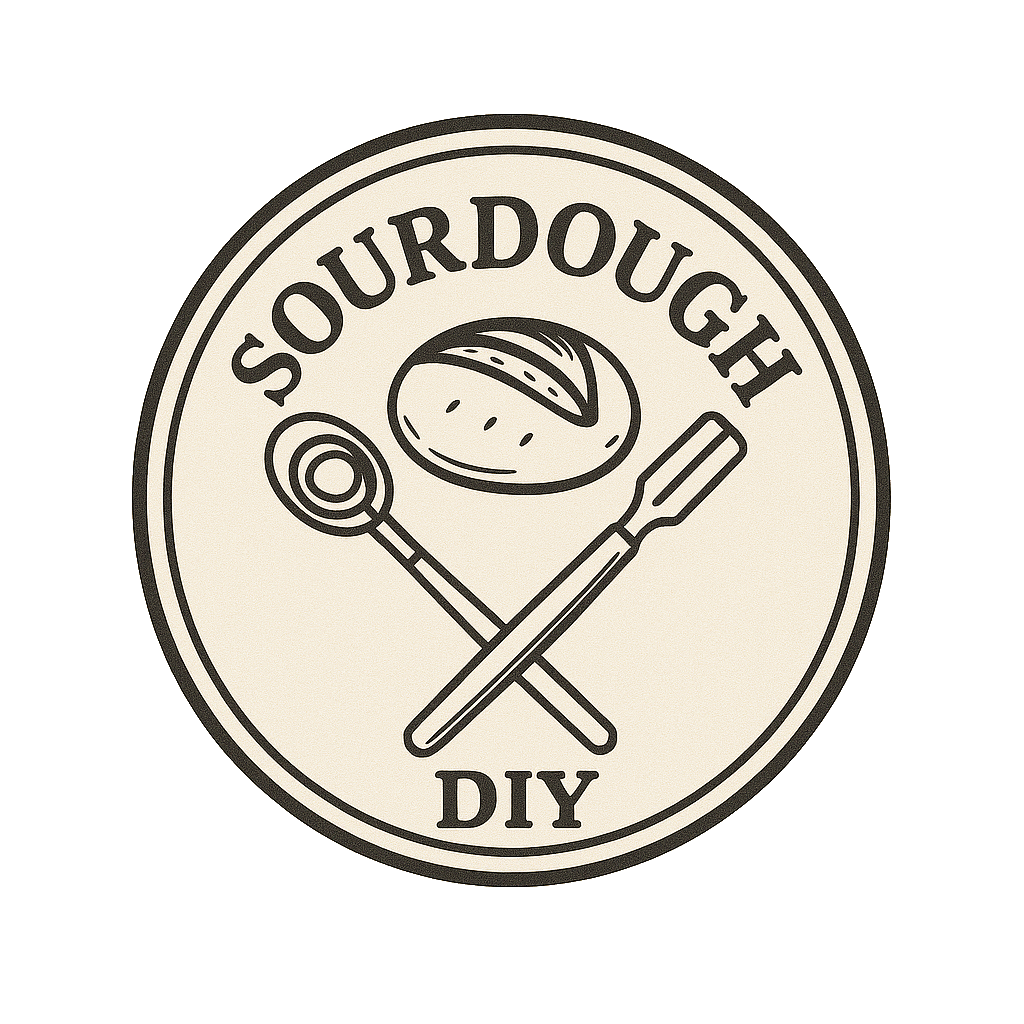
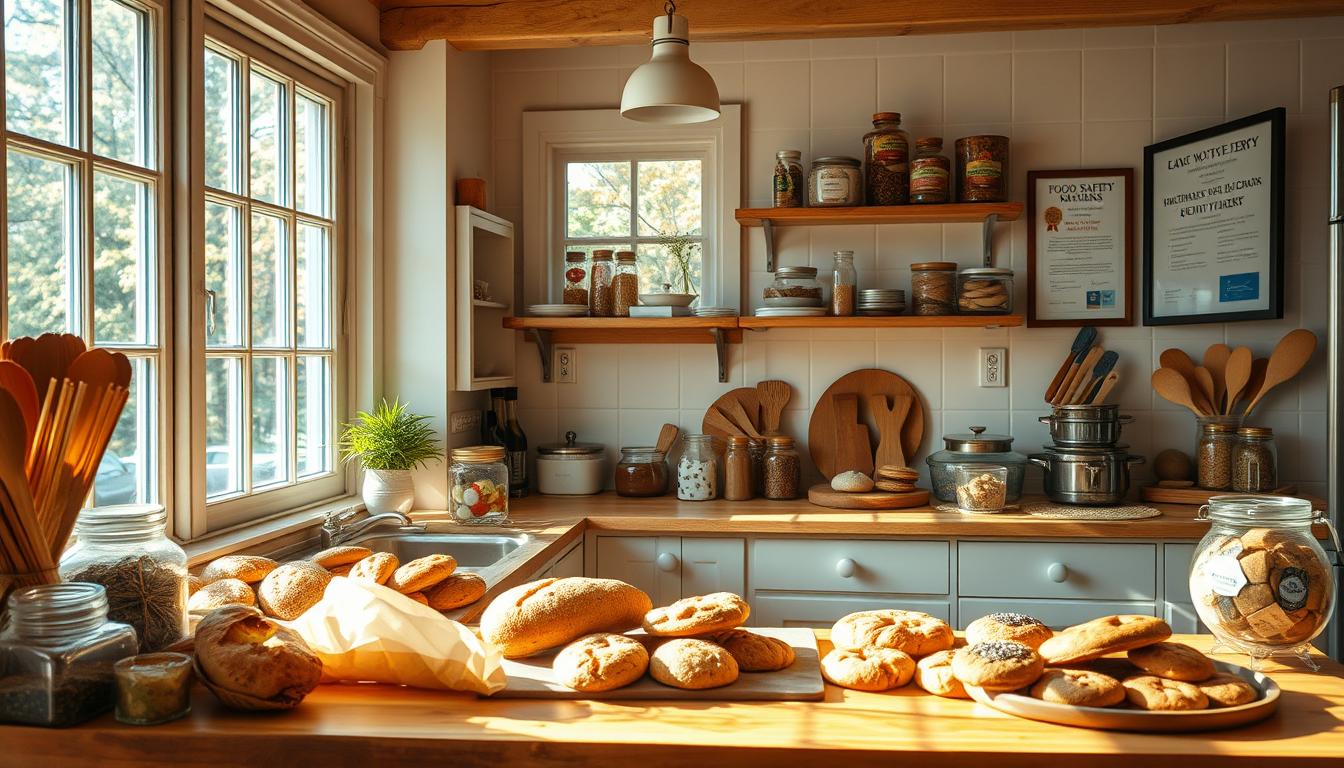
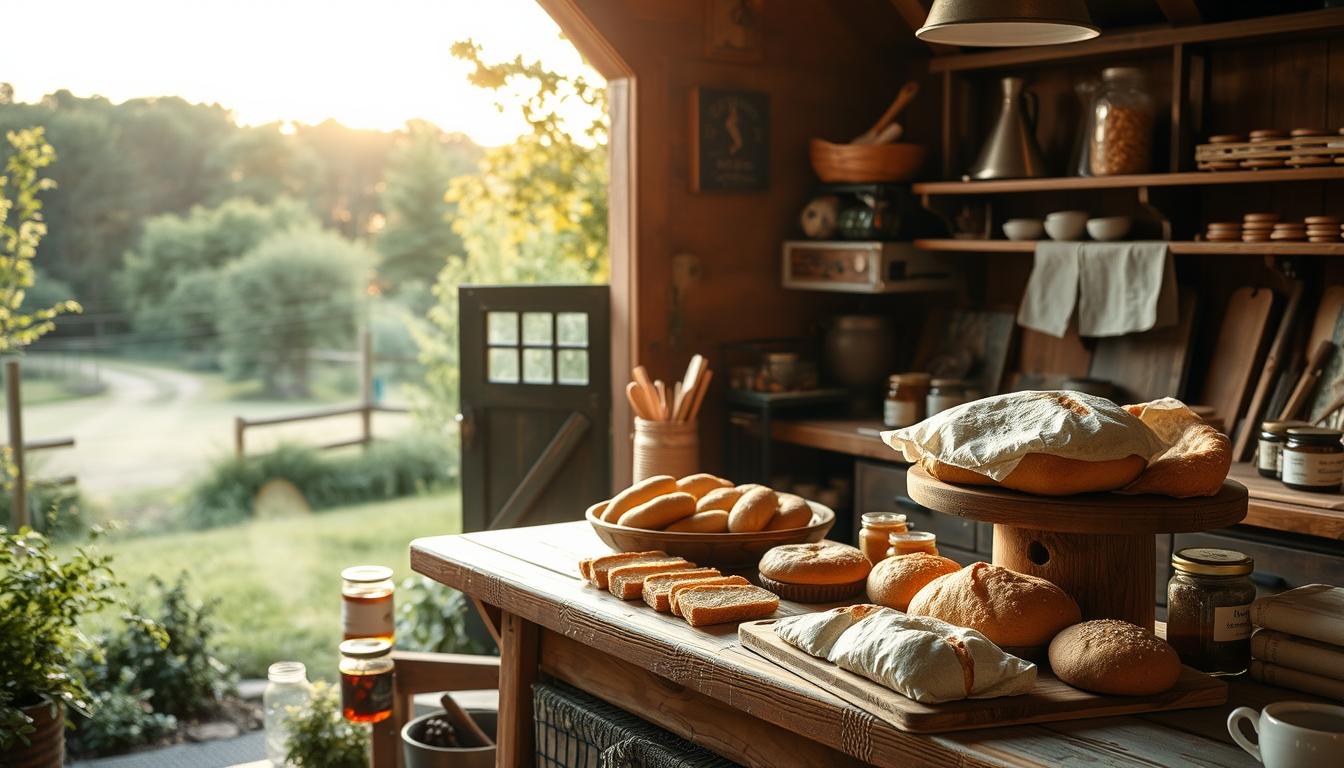
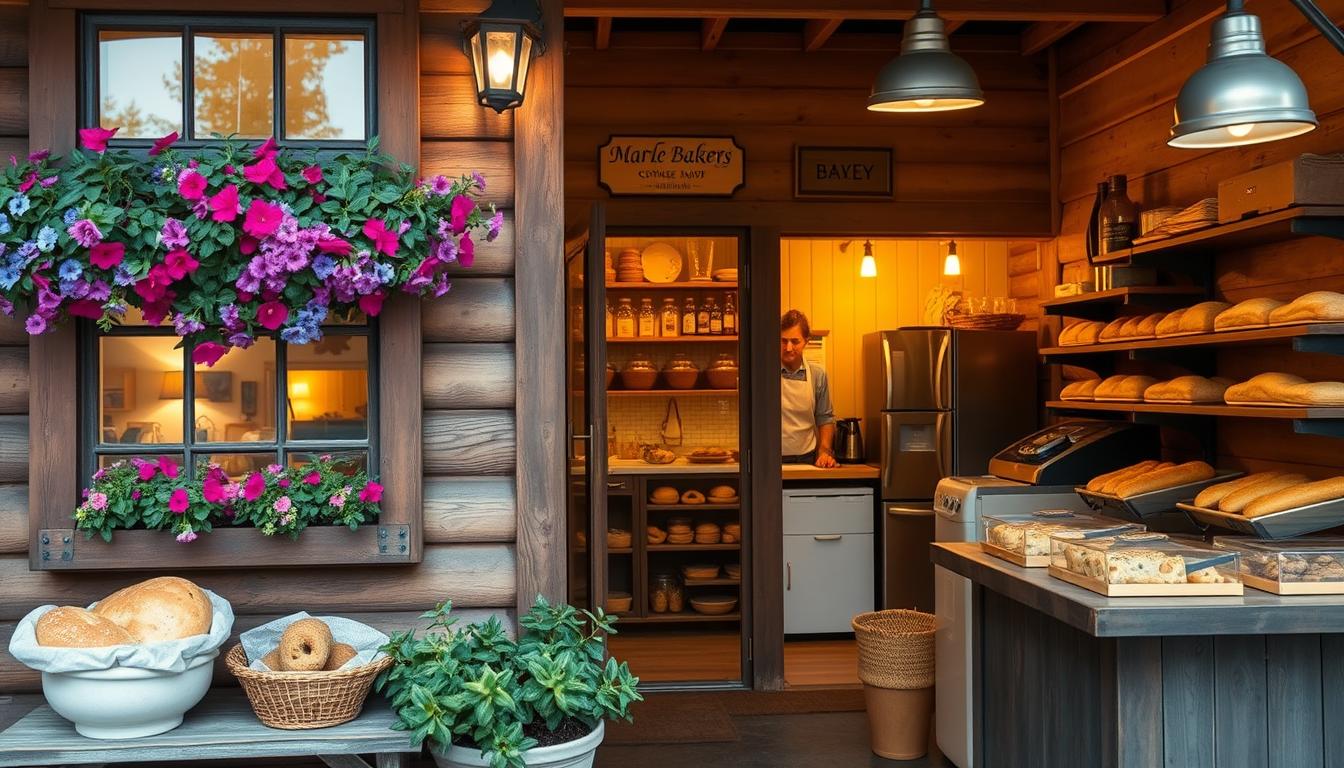
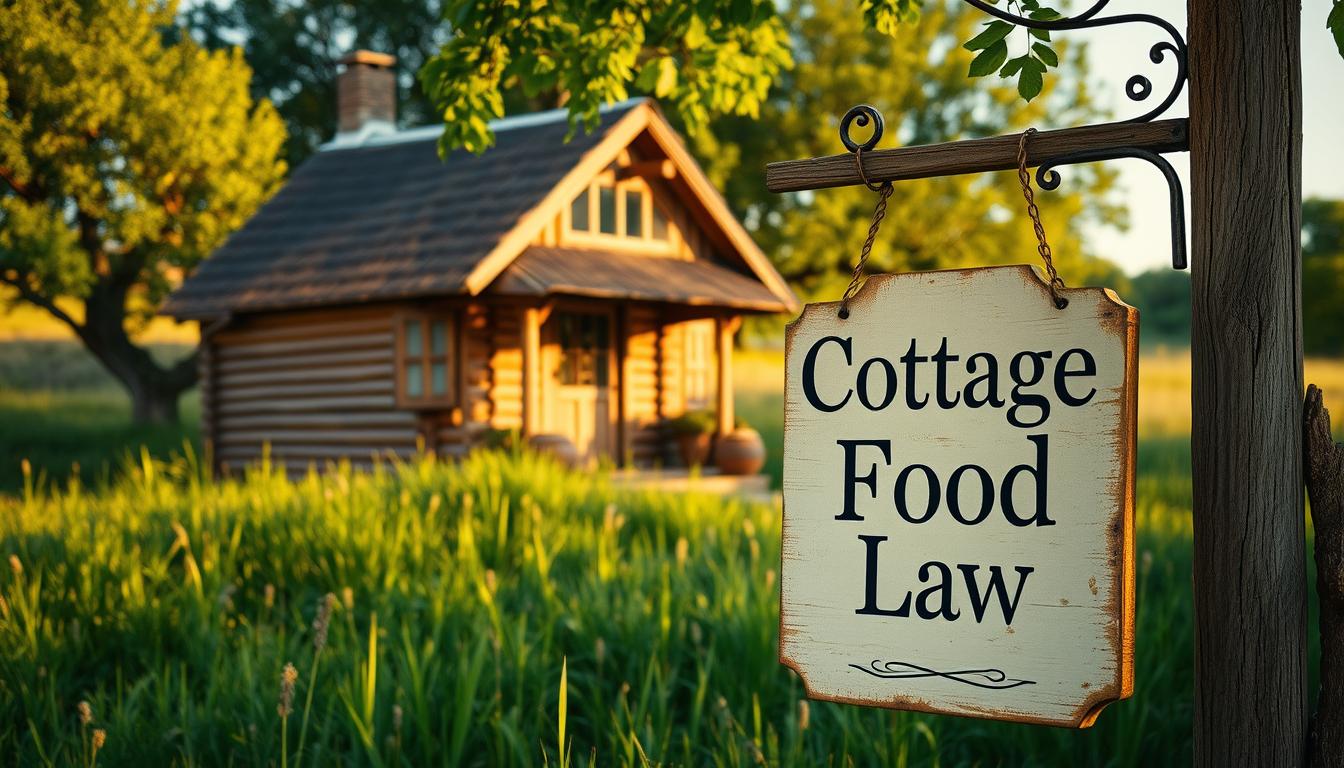
Leave a Reply